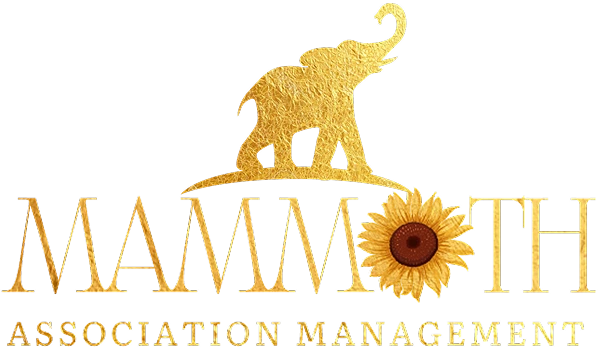HOA FAQs
What is an HOA?
Homeowners Association (HOA) is an organization in a residential community that creates and enforces rules to maintain property values, manage shared spaces, and support the well-being of its residents. Run by a board of elected homeowners, an HOA oversees tasks like collecting dues, coordinating maintenance, and ensuring compliance with community guidelines, often hiring a management company like Mammoth Association Management to handle day-to-day operations efficiently.
What does HOA stand for?
HOA stands for Homeowners Association, a governing body in a community that manages common areas and enforces rules to maintain property values.
What is the purpose of an HOA?
An HOA aims to preserve property values, maintain common areas, and ensure a cohesive and attractive living environment through the enforcement of community standards.
Membership and Dues
Do I have to join the HOA if I buy a home in an HOA community?
Yes, membership is typically automatic when you purchase property within an HOA-governed community.
How are HOA fees determined?
HOA fees are based on the association's budget, which covers maintenance, improvements, management fees, and other communal expenses. The fee amount can vary based on community size, amenities, and maintenance needs.
What happens if I don't pay my HOA dues?
Non-payment can lead to fines, liens on your property, or even foreclosure in severe cases. Communication with the HOA is advised to work out payment plans.
Rules and Regulations
Where can I find the rules for my HOA?
HOA rules are typically detailed in the Covenants, Conditions, and Restrictions (CC&Rs), Bylaws, and other governing documents, available from your property management or HOA board.
Can the HOA change its rules?
Yes, but changes usually require a vote by the membership or board approval, depending on the amendment process outlined in the association's documents.
What if I disagree with an HOA rule?
You can attend board meetings, join committees, or vote in elections to influence changes. Legal advice might be sought for severe disputes.
Management and Operations
What does an HOA management company do?
They handle day-to-day operations like maintenance coordination, financial management, rule enforcement, and communication with residents.
How is an HOA board elected?
HOA board members are usually elected by the community members during scheduled elections, often annually or biannually.
Can the HOA hire outside professionals like lawyers or accountants?
Yes, the board often hires professionals for legal advice, financial auditing, or to manage complex issues.
Maintenance and Repairs
Who is responsible for maintaining common areas?
The HOA is responsible for maintaining common areas, which are funded by the dues paid by homeowners.
What if I need repairs in my own home?
Homeowners are generally responsible for their individual units or homes, unless the damage affects or is part of common areas.
Legal and Compliance
Are HOA rules legally binding?
Yes, they are legally enforceable through the association's governing documents.
What are my rights as an HOA member?
Rights include voting in board elections, access to HOA records, attending meetings, and the right to fair treatment under the HOA's rules.
Dispute Resolution
What if I have a dispute with the HOA?
Most HOA documents include a process for dispute resolution, often starting with mediation or arbitration before legal action.
Can I sue the HOA?
Yes, although this is typically considered after other resolution methods have failed. Legal counsel should be sought to understand the implications.
Miscellaneous
Can I rent out my property if I'm part of an HOA?
This depends on the HOA's rules. Some allow rentals with restrictions, while others might have a no-rent policy.
How can I get involved in my HOA?
Attend meetings, volunteer for committees, or run for a board position to actively participate in community governance.
